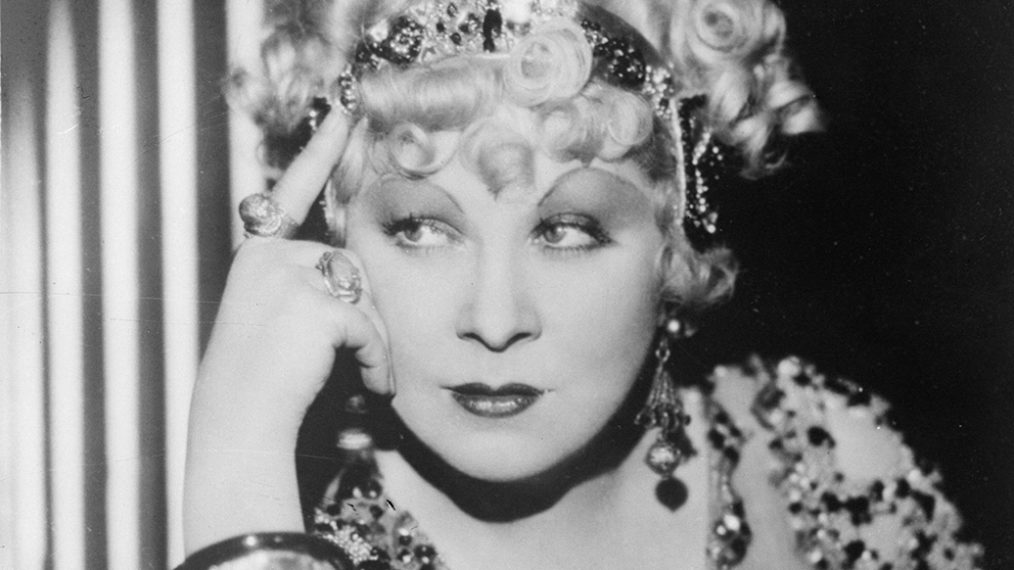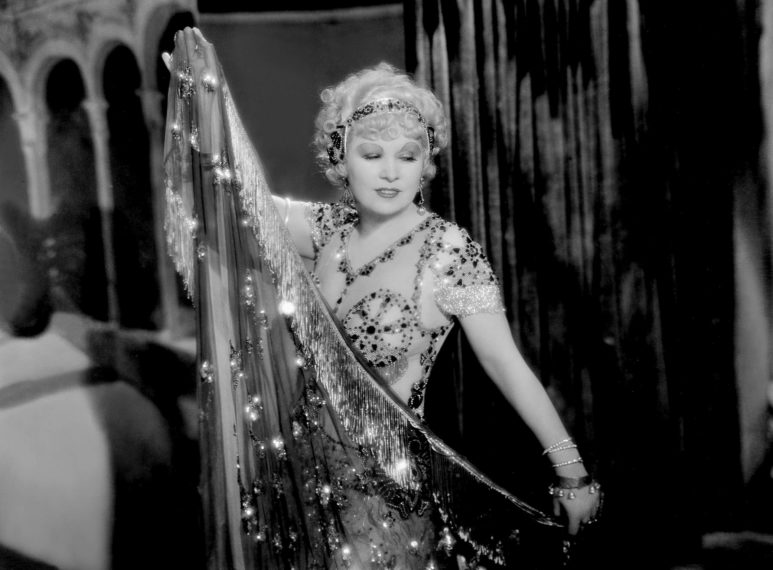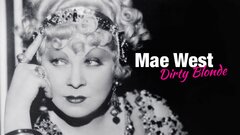Roush Review: A Saucy Portrait of the Original ‘Dirty Blonde’

Review
“When I’m good, I’m very good. And when I’m bad, I’m better.”
As one of the experts notes in this terrifically entertaining American Masters profile of screen sex siren Mae West, “No one had seen or heard anything like her before.” One of her biographers weighs in: “She was a sexual gangster.” Before you remark, “Goodness!” best to recall another of her classic quips: “Goodness had nothing to do with it.”
But talent had everything to do with the rise of West in the early part of the last century. With swagger, glamour and a gift for ahead-of-her-time innuendo (“Why don’t you come up sometime and see me?”), West was a proudly provocative sensation before censorship halted her momentum in the late 1930s.
Dirty Blonde reminds us that her success was no fluke. From vaudeville to Broadway, where she was jailed on morals charges for her play Sex — “This (trial) will be the making of me,” she joked, seriously — and rode the publicity all the way to Hollywood, this tough and funny lady took charge of her image. Standing sexism of the time on its head (according to critic Molly Haskell), she was her own writer and producer, demanding creative control — and top dollar — for her hit movies. She had an eye for spotting rising stars, giving Cary Grant one of his first major roles in 1933’s She Done Him Wrong.

(Credit: Courtesy of Alamy Stock Photo)
This is a fascinating character study of a strong, powerful woman with singular attitudes. (Little wonder that brash Bette Midler, one of contemporary society’s most outspoken superstars, is an executive producer.) Though now mostly an object of camp and drag parody among those who still remember her, West gets the last bawdy laugh in this admiring special.
Mae West: Dirty Blonde, Tuesday, June 16, 8/7c, PBS (check local listings at pbs.org)










